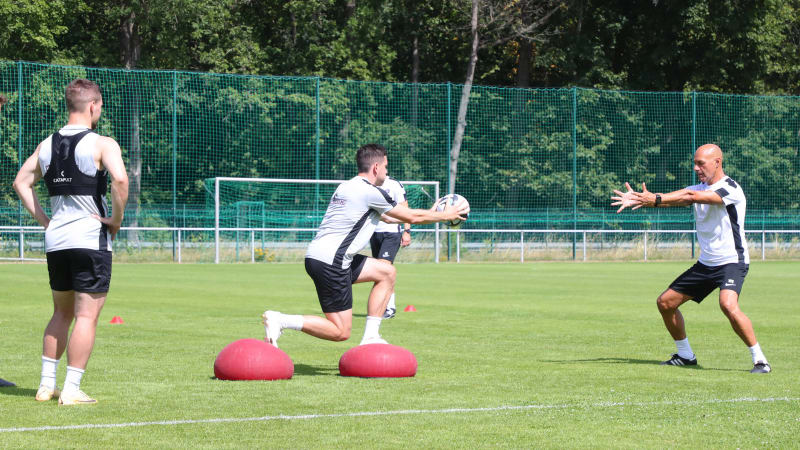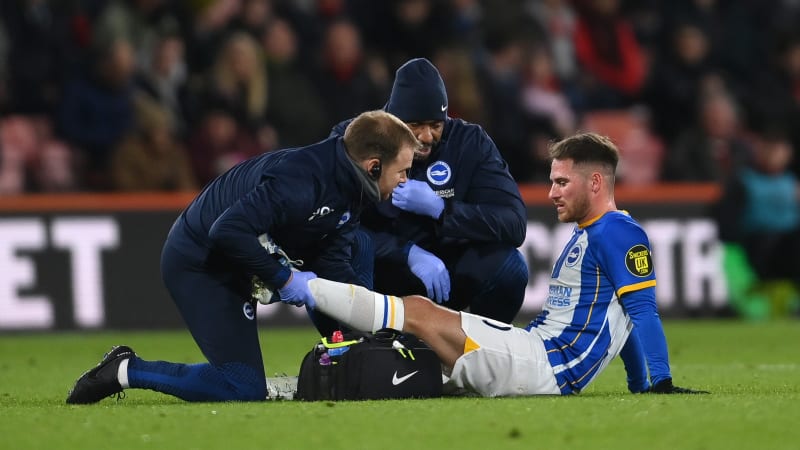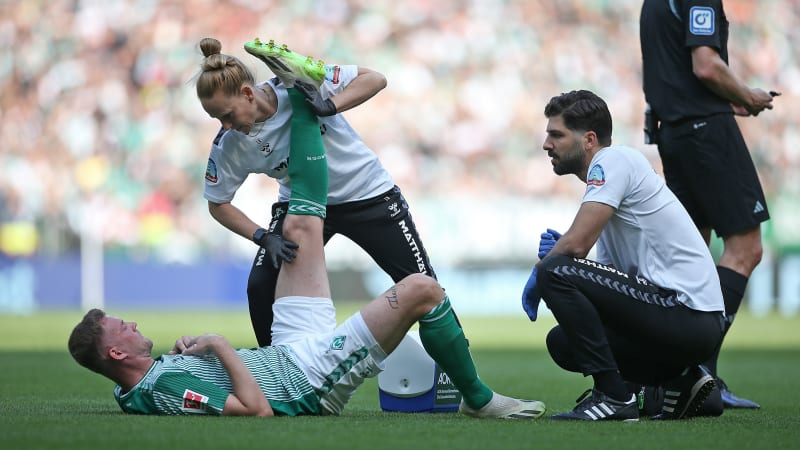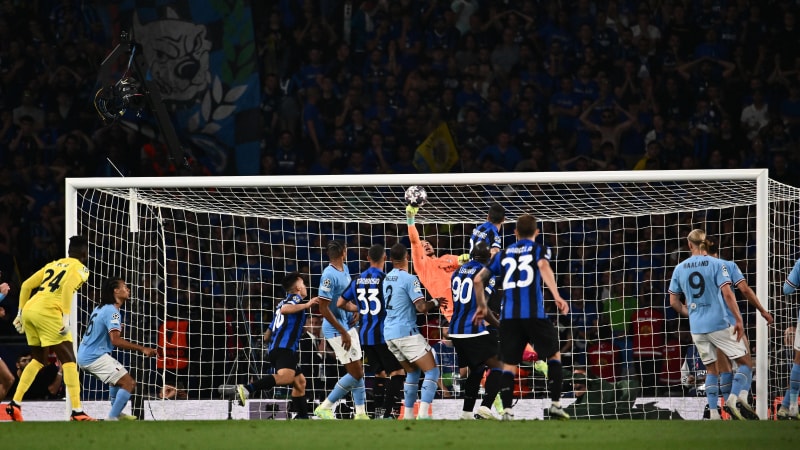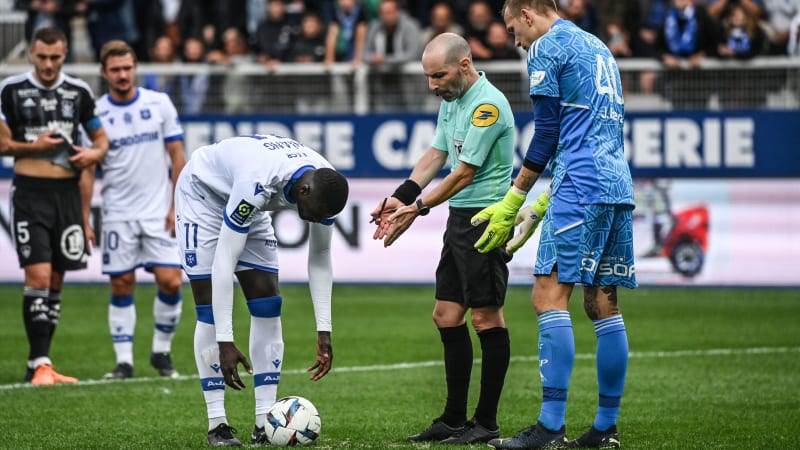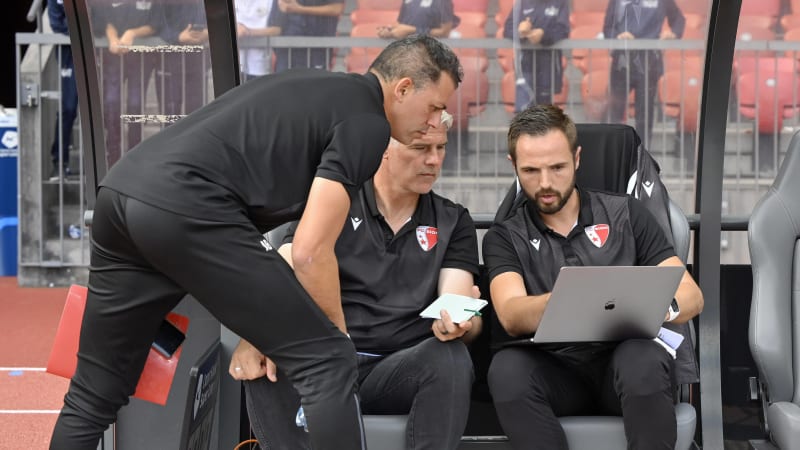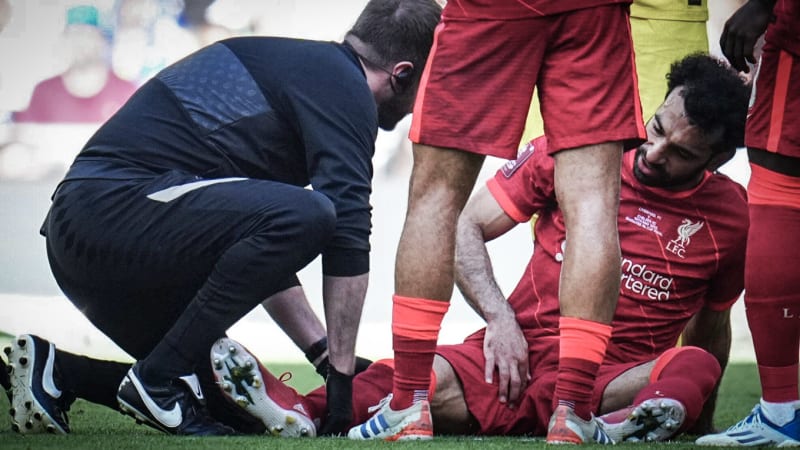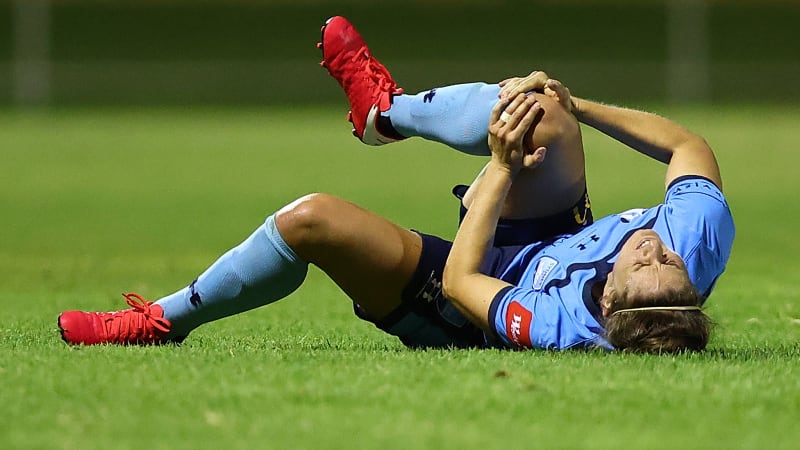
DFB encourages researchers to apply for the UEFA research grant programme
CONTACT US
We support applications for the UEFA RGP by reviewing project ideas for practical value and providing letters of recommendation.
UEFA Academy annually awards a number of grants with two programmes:
-
The UEFA RGP is a prestigious grant programme designed for academics working in partnership with national associations to deliver research that improves strategic decision-making in European football. UEFA Research Grant Programme (UEFA RGP) - UEFA Academy
-
The UEFA MRGP is a specific grant programme designed for academics working on research in relation to football players' health & wellbeing that supports medical decision-making in European football. UEFA Medical Research Grant Programme (UEFA MRGP) - UEFA Academy
All research projects regarding the UEFA RGP must be supported by a national association by means of a letter of recommendation. In order to receive a letter of recommendation from the DFB, the UEFA requirements must be met and the research project must be approved by the DFB.
Who: Researchers at a university or equivalent institution
Fields & topics:
- Economics
- History
- Law
- Management
- Political Science
- Psychology
- Sociology
How long: 9 months research
Grant: Up to 15.000€ (joint grant of up to 20.000€)
Application deadline DFB: 15 Feb 2025!
Application deadline UEFA: 15 Mar 2025
Who: Researchers holding a research position at a university, football club, national association or equivalent institution
Fields & topics:
- Load and injury, illness or health in women’s football
- Load and injury, illness or health in men’s football
- Any football performance, medical or health-related topic
- Anti-doping in football
How long: 1 year research
Grant: Up to 30.000€
Application deadline DFB: No letter of recommendation needed. We encourage researchers to discuss their project ideas for practical value.
Application deadline UEFA: 15 Mar 2025
The one-page executive summary must mention:
- the justification for the research (contribution to national associations and European football in general, specifying how they will particularly benefit from the research and why)
- the research question(s) and hypothesis(-es)
- the planned methodology
- the total financial contribution expected
current topics
Please note that the DFB (division National Teams & Akademie) is currently working on the following topics. We would be happy to see these topics addressed.
Contextualisation of the female cycle in professional football: For too long, we have applied training principles on male players and used the insights to train female players. Future projects are aimed to educate and empower players, coaches, and support staff on how to optimally train women as women, ensuring health, wellbeing, and performance of female players. A special focus should be placed on the impact of the menstrual cycle on women's participation and performance.
The influence of league structures for young talents: Within European federations league structures, especially those relevant for young players developing (U17 until first league), differ significantly. For example in Germany, four fourth leagues (”Regionalliga”) with a significant amount of professional clubs are merged into only one third league (”3. Liga”). On the other hand, federations like Portugal offer dedicated U23 competitions with all teams invited to participate. The research question is to identify whether and for which age, playing time in the respective competitions is a predictor for future success of young talents. Accordingly, recommendations of optimal league structures can be derived using evidence.
The influence of small-sided games for young players: Different domestic competitions introduce a huge range of different “competition” set-ups for young players. For example, “Funinio” is a concept that has been introduced and widely applied. The question of this project is to research evidence on measurable influence factors off the game size on playing features (e.g. physical demand, ball touches per player, dribbling situation, tactical context, …).
Studien im Fußball
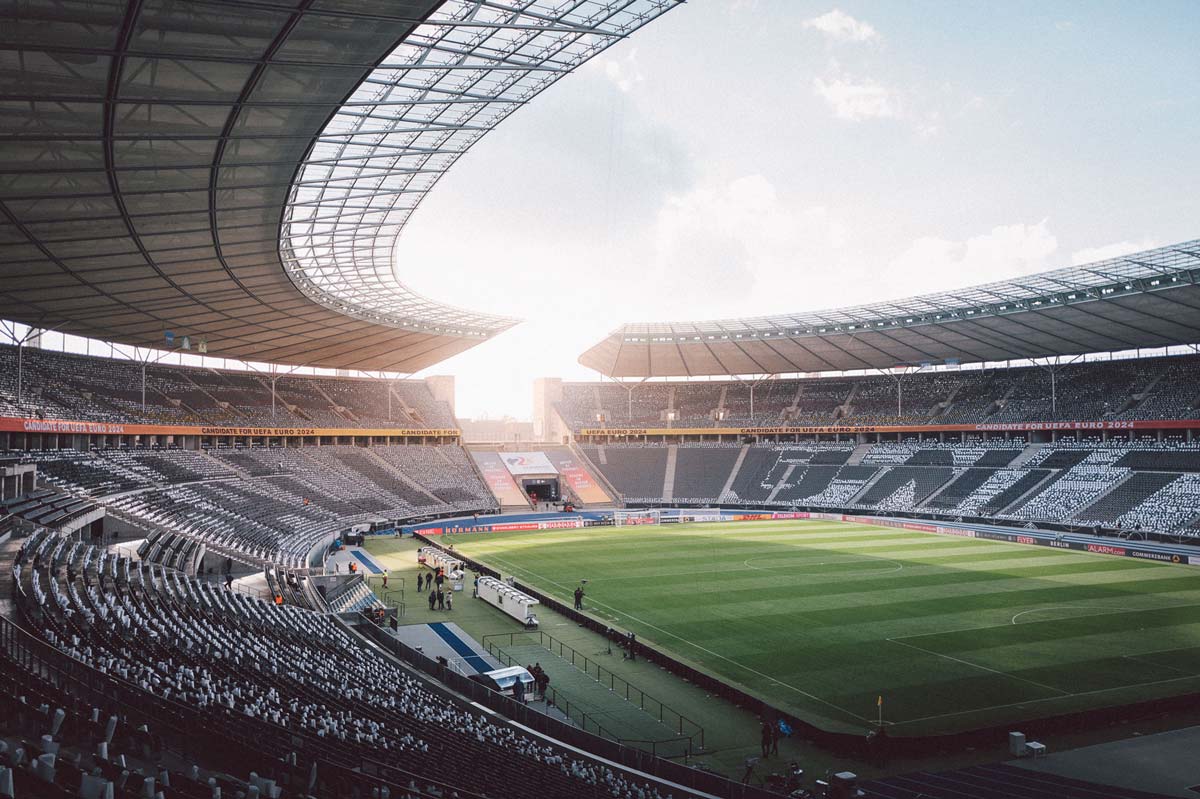
Newsletter
Für die Akademie-Post anmelden und auf dem Laufenden bleiben!

